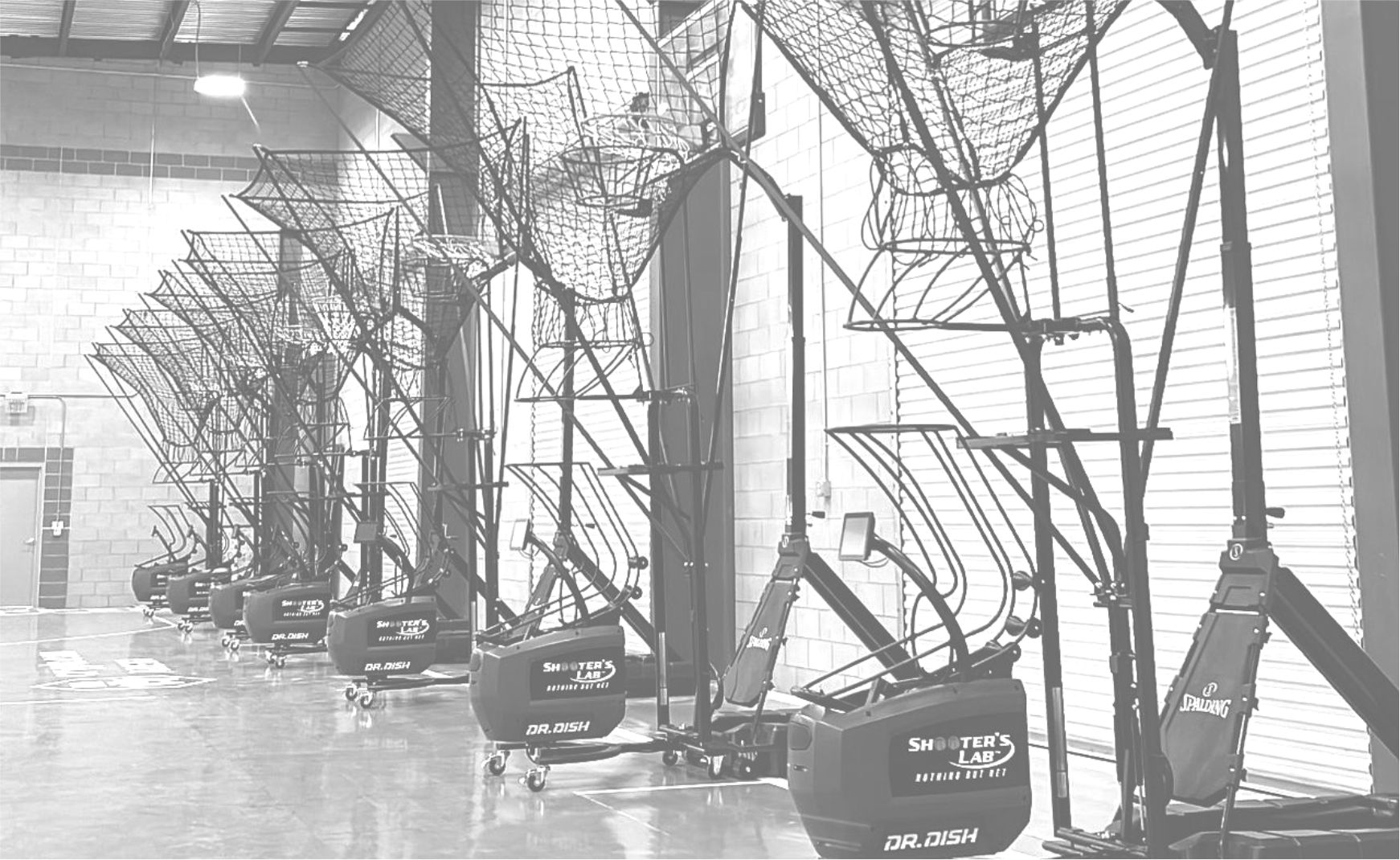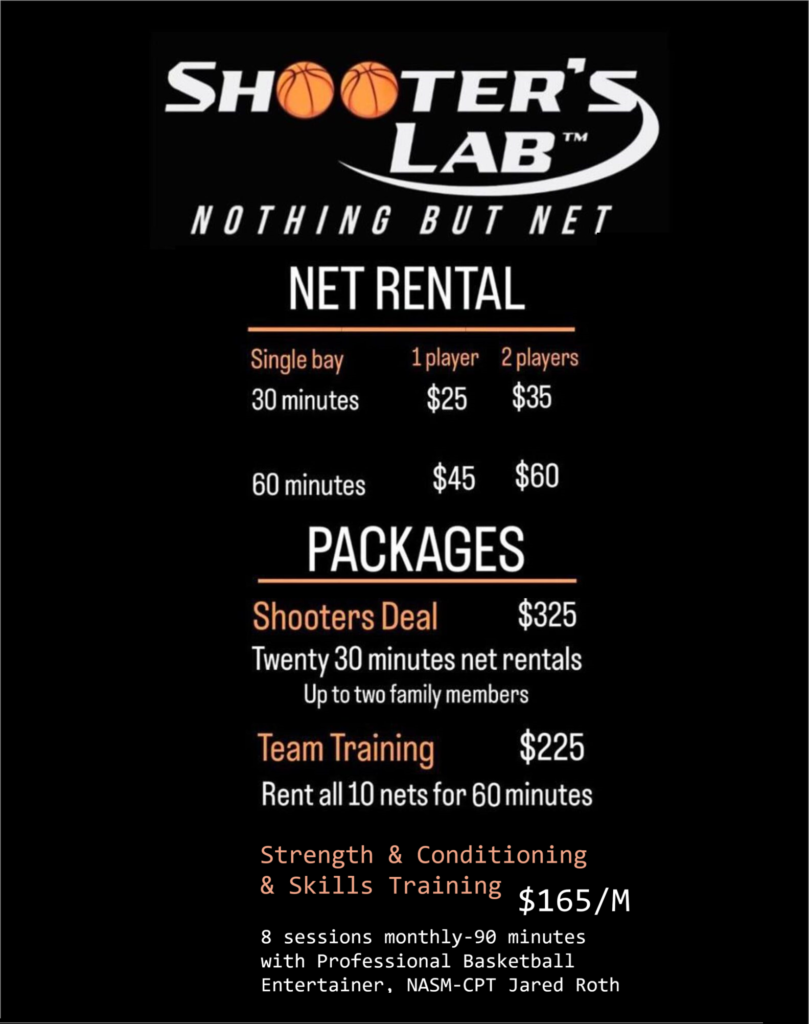A person no longer must hit “rock bottom” to be able to engage in recovery. They can step out of the process at any stage by simply acknowledging they need help, even when they don’t exactly see all the places that this help is needed. A person shouldn’t consider themselves weak-willed or incapable when they admit to their powerlessness, and they don’t have to do anything about their addiction yet. Step One is just asking a person to acknowledge that they have the disease of addiction, and life is harder because of it. I want to give you tools and a process to put your powerlessness drug addiction and unmanageability under a microscope.
The 1st Step Beyond Alcohol and Drugs
This awakening is the turning point that leads to true recovery and the ability to build a fulfilling life rooted in hope and connection. The Big Book of Alcoholics Anonymous emphasizes the unique challenges we face in dealing with alcohol use disorder and substance abuse. It describes addiction as a disease, characterized by the phenomenon of craving and the mental obsession that make abstinence nearly impossible without a spiritual solution. These teachings help us understand why willpower alone is insufficient and why surrender is the first step toward recovery. This could mean God, a general belief system or the recovery community itself. When you admit that you are powerless to addiction, you are empowered to reach out for support.
Embracing Step 1: The Foundation of Recovery
- You are letting go of your old habits in order to build different and healthy ones.
- For example, LifeRing Secular Recovery, SMART Recovery, HAMS, and Secular Organizations for Sobriety (SOS) focus on self-empowerment rather than looking outside yourself for help.
- Hearing someone say, “Me too,” is one of the most profound moments in recovery.
AA meetings are helpful for many individuals in recovery from alcohol addiction. These meetings may even be part of the programming at inpatient rehab or outpatient programs you attend. Services offered by your treatment team can work alongside the 12 Steps to help you find your path to recovery.
- The journey to recovery begins with a single step, and in the 12-step program, that step is recognizing our powerlessness over addiction and accepting that our lives have become unmanageable.
- The phenomenon of craving is central to understanding why addiction is more than just a bad habit—it’s a disease.
- From there, you can start building a life with stronger relationships, fewer regrets and a sense of peace that doesn’t depend on substances.
It’s your responsibility step 1 a a. why the 12-step journey begins with powerlessness to stay engaged in your recovery and work with your sponsor. It’s your responsibility to be open and willing to treatment and growth. And if you end powerless over alcohol up drinking or using once sober, you have to take responsibility for that too.
Step 3 – The 3rd Step Prayer of AA & NA
History has proven that you have no control once a drop of alcohol enters your body. Yet the admission of powerlessness is Step One, the very gateway to our recovery program. There’s no recovery unless and until we first admit that we are powerless over alcohol and drugs. Some people mistakenly view the 1st Step as a sign of being weak-willed or failing to overcome addiction through sheer determination. The truth is, addiction is a disease—not a moral failing or lack of effort. This step is about taking responsibility for our lives, recognizing the need for help, and committing to a recovery program.
The Science of Step 1: How Being Powerless Empowers Your Recovery
However, AA still holds this idea for a reason and, in fact, the idea of powerlessness fits in many ways with the current scientific understanding of addiction. Joi Honer directs the operations that support our alumni in their recovery from mental health and substance use disorders. Ms. Honer, who has been in long-term recovery for over 40 years, has worked in the treatment field for over 33 years. She holds certifications in addiction and co-occurring disorder counseling and a bachelor’s degree in addiction studies, having graduated summa cum laude.
Of Treatment.*
Medication-assisted treatment can help balance neurochemistry, especially in early recovery. The power of fellowship lies in its ability to create a safe space where we don’t feel judged but understood. In these meetings, we meet people who have walked the same road and found freedom. They interpret Step 1 not as a sign of defeat but as the first step toward a new life.
Get Help With Alcohol Addiction
Admitting powerlessness powerless over alcohol means accepting what is true and what is not. It encourages acceptance of the circumstances rather than denying them. Another way to overcome powerlessness is to get involved in your own treatment. When you lay it all out, you will see that you did not have control in those moments. Accepting my powerlessness did not mean I was accepting a life of defeat but rather claiming my victory over the things I cannot control. After all, awareness is the first step to implementing any sort of change.
12steppers.org is not partnered or affiliated with any 12 step program or website that we link to. The content available on 12steppers.org is not medical advice and is strictly for informational purposes and is written/reviewed by active 12 step members. Do not be afraid to tell your sponsor and other members if you have relapsed or are having trouble sustaining recovery in any way.
Step 1 lays the groundwork for everything that comes after, providing a critical foundation upon which to build a new life. Vince is passionate about the work that he does, and approaches therapy through an empathetic and motivational approach. Samantha is a compassionate therapist dedicated to helping individuals navigate their mental health challenges and find healing and recovery. Currently pursuing her advanced degree in psychology, Samantha’s personal journey of overcoming addiction fuels her passion for supporting others on their path to wellness. Samantha’s own journey of recovery serves as a powerful foundation for her therapeutic services. Incorporating daily reflections or step recovery readings into our routines helps remind us of our commitment to living free from alcohol and drugs.
The Big Book uses the story of a jaywalker to illustrate how mental obsession works. Like the jaywalker who repeatedly steps into traffic despite severe injuries, we continue drinking or using, unable to stop. This story reveals the insanity of addiction and how it hijacks our ability to make rational decisions. This website is designed to help those who are suffering from drug and alcohol addiction. May you find the support and treatment needed to live a long and happy life. It means acknowledging that we cannot overcome addiction through sheer willpower or on our own.
It opens the door to personal growth and shows us that asking for help is a strength, not a flaw. No matter how shameful you believe the details of your story may be, other members will surprise you with their support and understanding. Step 1 is the first important step in recovery for many people because when you acknowledge that your alcohol use is no longer completely in your control, you can seek help. Not all peer-led mutual support organizations believe in this idea of powerlessness. For example, LifeRing Secular Recovery, SMART Recovery, HAMS, and Secular Organizations for Sobriety (SOS) focus on self-empowerment rather than looking outside yourself for help. While many peer support groups have adopted or adapted the 12 Steps to fit their philosophies, LifeRing and these other secular organizations have not.
By admitting that your life has become unmanageable, you open yourself up to letting go of control and gain acceptance of yourself. Recognizing these covert tactics is crucial, as they’re designed not just to sell a drink but to embed a fantasy into your subconscious, making the allure almost irresistible. The next essential step toward cultivating a more mindful relationship with alcohol involves understanding your personal reasons for drinking. The 1st Step is a deeply personal moment of surrender, but it’s not one we take alone. The community we find in Alcoholics Anonymous (AA) plays a vital role in helping us admit we are powerless over alcohol and begin the journey to recovery.




